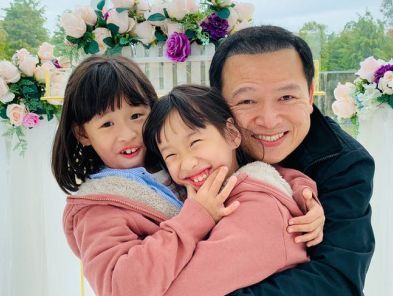Guardianship Explained
Get tips for choosing a person to care for your minor children and learn how guardianship functions as a part of estate planning in this quick article.

Choosing a person to care for your minor children
Nominating a Guardian
To make this safeguard official, name guardians through your Will (or in certain states, a separate Nomination of Guardianship). Your designations will have a lot of weight with the judge who would ultimately decide which guardian would be in the best interest of your children. This is especially important if you suspect that your loved ones might disagree over who should become guardian of your children. Asking the person you choose for this role to be a guardian will not alone show the court your intentions.
You can also make your wishes known through a Nomination of Guardianship, which is a simple document that is separate from your Will and acts as a letter to the judge. However, in most states, the judge may give greater weight to your choice if it is included in your Will because you might have signed your Will before two witnesses and/or a notary.

Picking the right person to be your children’s guardian may be hard. You obviously want someone who knows and loves your children, and most people pick someone within the family. But you also may want someone who lives in the same geographical area, so your children’s lives will not be completely uprooted. Or you might prioritize someone who shares your values or who practices the same religion as you. You also want to consider lifestyle and age. Your brother might be your best friend, but if he’s single and travels extensively, is full-time parenting the right fit for him? Same for your own parents, who might not be able to provide the kind of care your child needs as they age.
You also can name backup guardians in case the person you choose as the primary guardian is unable to take on that role.
Whomever you choose, you should talk through the decision with your children’s other parent and with the potential guardians. Be open to the possibility that the other parent may have different wishes and that someone you trust so much may not feel up for the responsibility.
Other Considerations
Families and plans change over the years. The best friends you named as guardians when your first child was born may no longer be as close to you, may have moved away or gotten divorced. You may now have four kids instead of one, so it would be overwhelming for the guardians to take care of all of them in addition to their own children. Just as with all parts of your estate plan, you should regularly re-evaluate and updated your guardianship nominations. To name new guardians for your children, update your Will or Nomination of Guardianship in accordance with your state’s estate planning laws. Finally, make sure you coordinate your nominations with your children’s other parent to avoid confusion and conflict.
